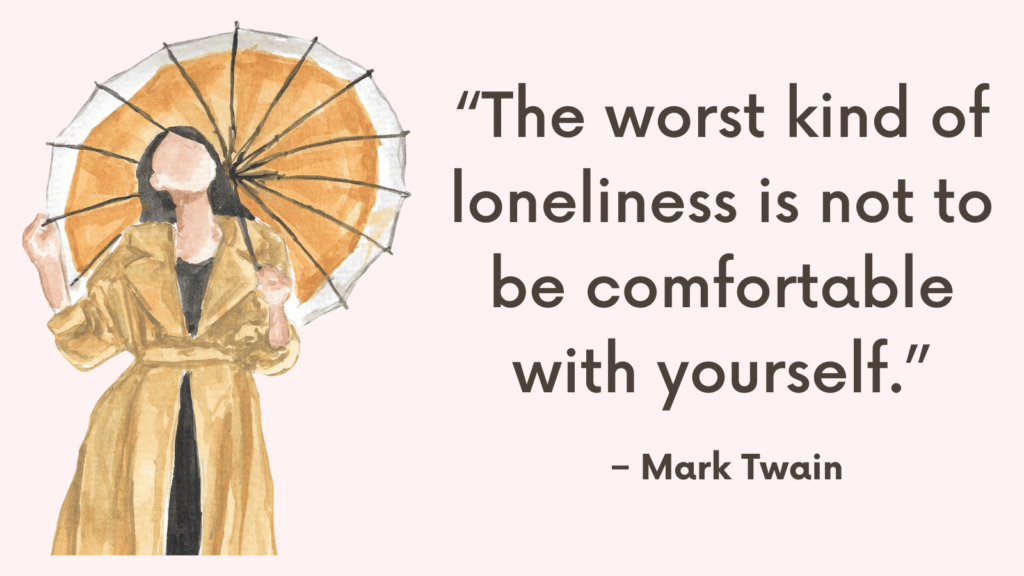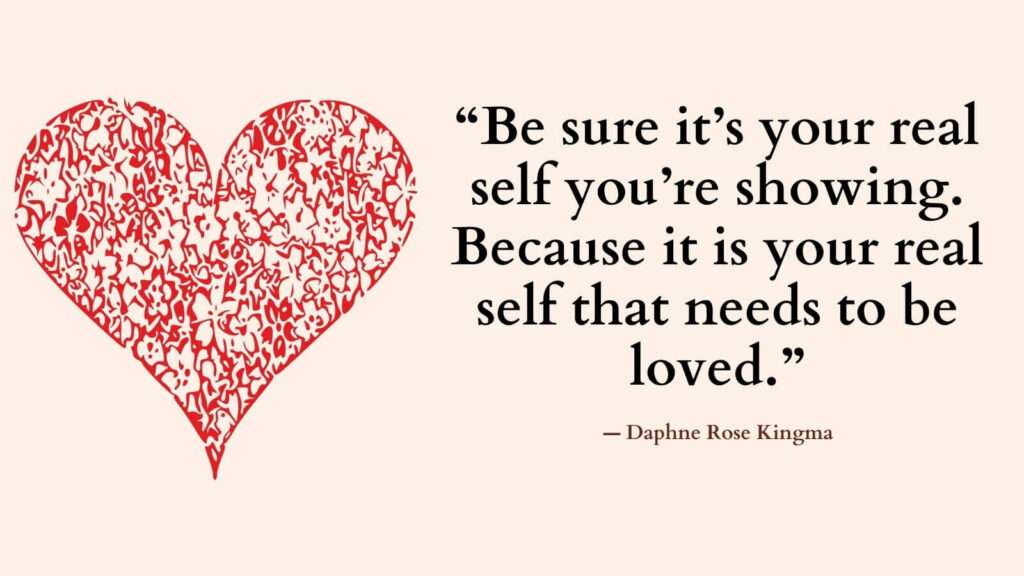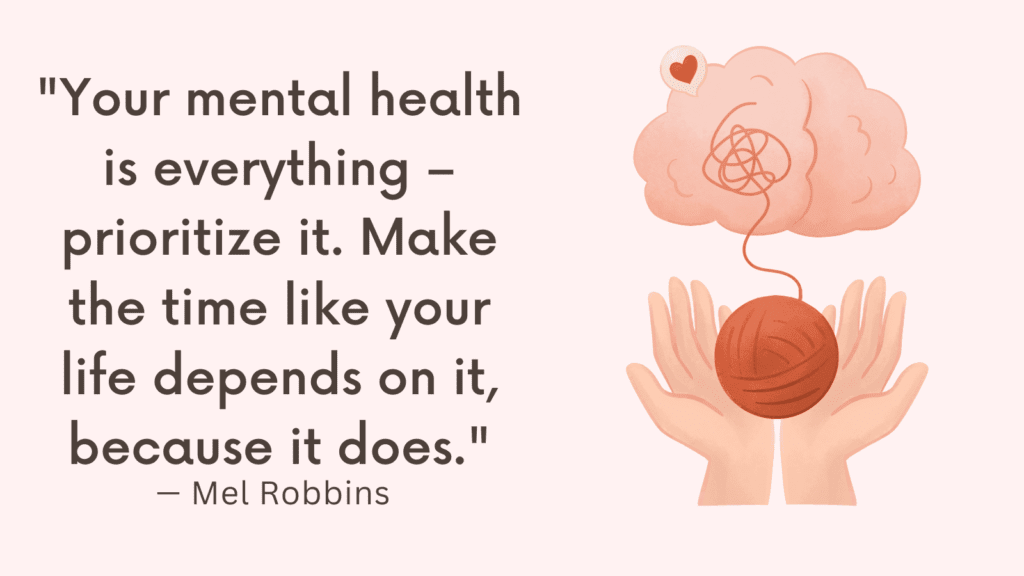In this post, you’re going to find out what to do on thanksgiving without family.
What to Do On Thanksgiving Without Family
Spending Thanksgiving without family can be challenging, but it’s important to remember that you can still make the day meaningful and enjoyable.
Here are several suggestions on how to spend Thanksgiving without family, allowing you to create new traditions and make the most out of the holiday:
1. Reach out to friends
If you’re comfortable doing so, consider reaching out to friends who may also be spending Thanksgiving alone.
Arrange a gathering where you can share a meal together or participate in other enjoyable activities.
Bringing people together can create a sense of community and support during this time.
2. Volunteer
Thanksgiving is a great opportunity to give back to the community.
Find local organizations or shelters that offer volunteer opportunities on Thanksgiving Day.
Helping those in need not only benefits others but can also provide a sense of purpose and fulfillment for yourself.
3. Pamper yourself
Take this day as an opportunity for self-care and relaxation.
Treat yourself to a spa day, indulge in your favorite comfort foods, or engage in activities you truly enjoy.
This can include reading a book, watching movies or TV shows, practicing meditation or yoga, or taking a long walk in nature.
Related: Am I Lonely Quiz (+ Top 5 Tips To Overcome Loneliness)
4. Plan a solo adventure
Consider taking a day trip or embarking on a small adventure that interests you.
Explore a nearby town, visit a museum, go hiking, or take a scenic drive.
This can be a great opportunity for personal reflection and exploration, enjoying your solo time while engaging in activities you love.
5. Connect virtually
If family members are unable to be physically present, arrange video calls with loved ones to celebrate together virtually.
Set up a designated time to connect and share the holiday spirit.
You can even plan fun activities like virtual games, storytelling, or cooking together from different locations.
6. Attend community events
Look for local events or gatherings organized by community centers or local businesses.
Some areas may host Thanksgiving parades, concerts, or other festive activities.
Participating in these events can help create a sense of togetherness and provide an opportunity to meet new people.
Related: Best 10 Nonfiction Books About Loneliness
7. Reflect and express gratitude
Take time to reflect on the things you are grateful for.
Write a gratitude journal, create a gratitude collage, or simply meditate on the positive aspects of your life.
Expressing gratitude can boost your mood and improve overall well-being.
8. Take up a hobby
Use this day to pursue a hobby or interest you’ve been meaning to explore but haven’t had the chance.
Whether it’s painting, playing an instrument, cooking, knitting, or anything else that brings you joy, dedicating time to your passions can make Thanksgiving a rewarding experience.
Related: Best 50 Journal Prompts For Loneliness
Understanding the Emotions Behind Solo Holidays
Spending holidays alone can stir up a wide mix of emotions — from peace and freedom to loneliness and sadness. Understanding what’s really behind these feelings helps you approach solo holidays with more self-awareness, gentleness, and intentional care.
1. Feeling Lonely or Left Out
Being alone during a time centered on connection and togetherness can trigger feelings of exclusion, especially if you compare yourself to others’ celebrations.
2. Grieving Loss or Change
Solo holidays can bring up grief for past relationships, lost loved ones, or life changes that have shifted how you experience special occasions.
3. Enjoying Freedom and Independence
For some, being alone means escaping family tension, stressful obligations, or draining social events, allowing space for rest and personal choice.
4. Wrestling With Shame or Self-Judgment
You might feel like you’re “failing” or that something’s wrong with you for being alone on a culturally significant day, even if it’s by choice.
5. Comparing Your Experience to Others
Seeing others’ holiday posts or hearing about their plans can trigger feelings of inadequacy, even if you were content with your solo plans before.
How to Handle Social Media and Holiday Comparisons
During the holidays, social media can flood you with carefully curated images of joy, family gatherings, and picture-perfect celebrations — making it easy to slip into painful comparison. Learning how to navigate this space intentionally helps protect your mental health and keep your focus on what truly matters to you.
1. Remember Social Media Shows Highlights, Not Reality
People share the best, most photogenic moments — not the behind-the-scenes struggles, disappointments, or stress that also come with the holidays.
2. Notice When You Start Comparing
Pay attention to when scrolling leaves you feeling “less than,” lonely, or inadequate. Comparison often creeps in subtly, but once you notice it, you can choose how to respond.
3. Take Intentional Breaks
Give yourself permission to step away from social media, even just for a few hours or a day. Protecting your emotional space is more important than keeping up online.
4. Focus on Your Own Values and Joy
Reflect on what makes the holidays meaningful for you, even if it looks different from what others post — whether it’s quiet time, simple rituals, or personal traditions.
5. Practice Gratitude for What You Have
Shifting your attention to the good in your own life, however small, can help ground you and reduce the sting of comparison.
6. Curate Your Feed for Emotional Safety
Unfollow or mute accounts that consistently make you feel inadequate or triggered, and follow those that inspire, uplift, or align with your authentic self.
7. Reach Out for Real Connection
Instead of scrolling to feel connected, text a friend, call someone you trust, or plan a meaningful moment offline to meet your true need for belonging.
8. Limit Passive Scrolling
Set a time limit or intention for when and why you use social media, so you stay mindful rather than falling into mindless, draining loops.
9. Offer Yourself Kindness and Compassion
If you catch yourself comparing, gently remind yourself: “Their story doesn’t lessen mine. I’m allowed to honor my own experience.”
10. Create Meaningful Offline Moments
Focus on creating small, intentional joys in your own space — a favorite meal, a cozy ritual, a personal reflection — rather than measuring yourself against external images.
Conclusion
Remember, it’s essential to honor your emotions and acknowledge any sadness or longing you may feel.
Give yourself permission to experience these emotions, but also focus on the opportunities that exist to make Thanksgiving a special day for yourself, whether through self-reflection, connecting with others, or exploring new activities.



